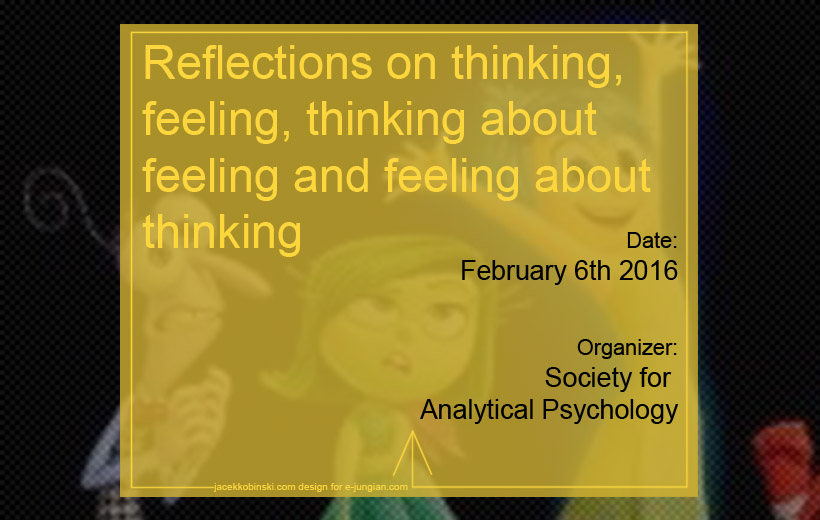
Presented by
Society for Analytical Psychology
In this talk I want to consider the way that analysts have tended to conceptualise and think about affect, emotion and feeling and what the implications of this are for the ways in which they then think about their own and their patients’ affective states and the relationships between these. One of the criticisms that is often made of the findings of empirical research in relation to analytic practice is that it has little to contribute to the analyst’s understanding or practice in the consulting room; indeed that it may even be obstructive. I don’t agree that this is necessarily the case and I want to go on to consider some of the ways that developmental studies and neuroscience have recently altered the ways that we might think about emotion and feeling and what the implications of this might be for the work that analysts do.































